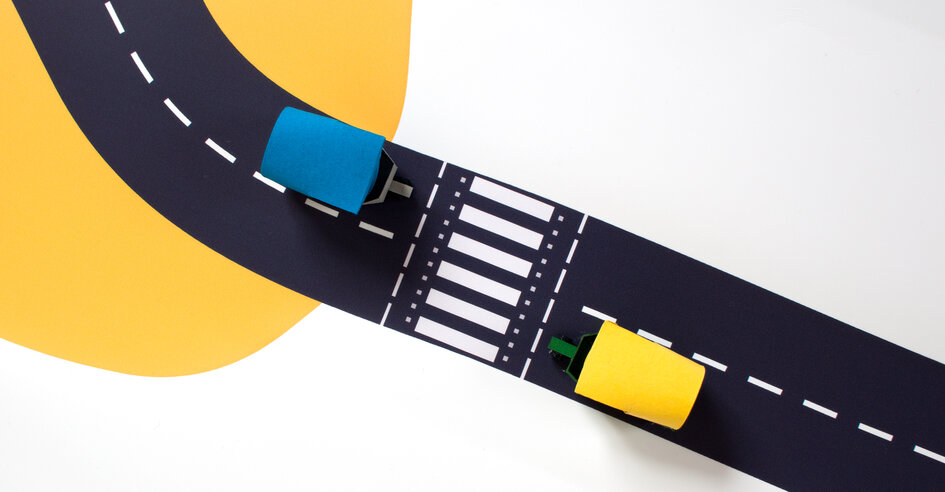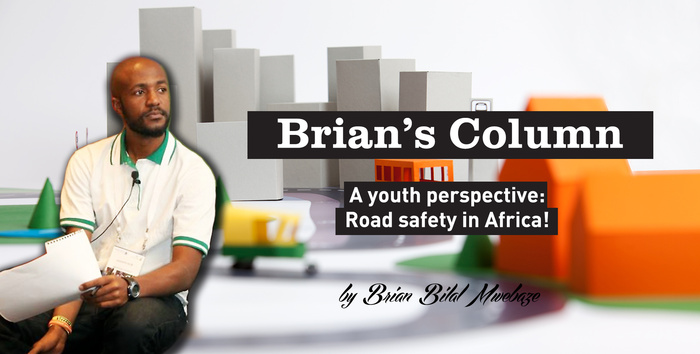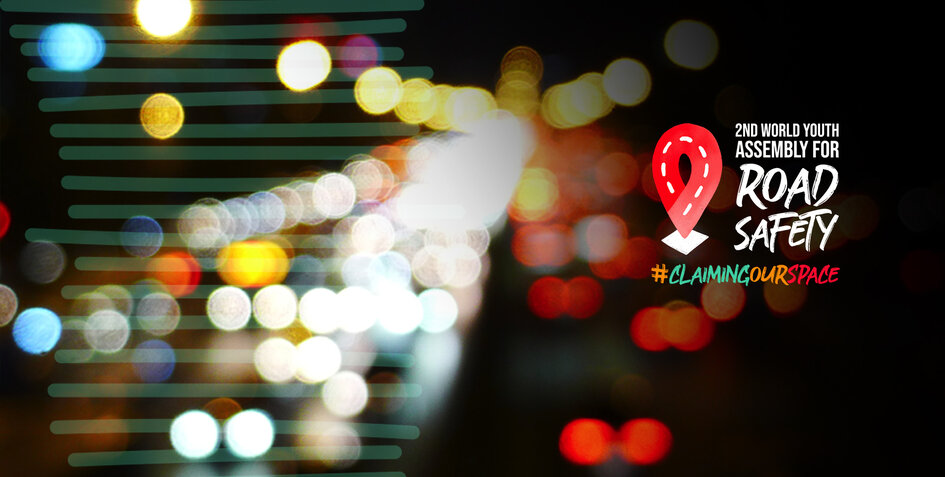
A letter from the United Nations Road Safety Collaboration to WHO
Our colleagues at the United Nations Road Safety Collaboration (UNRSC) have joined hands to show support for the World Health Organization during these unprecedented times. You can read the letter written to Dr Tedros, Director General of the WHO hereunder, written by David Ward of the Towards Zero Foundation, on behalf of the UNRSC.
Dear Dr Tedros,
On behalf of colleagues that are members of the United Nations Safety Collaboration I am pleased to send you the following statement.
As members of the United Nations Road Safety Collaboration, we wish to record our appreciation and support for the outstanding role and leadership of the World Health Organization (WHO) in global road safety. The WHO has led the promotion of best practice in road injury prevention during the UN Decade of Action for Road Safety; has established a surveillance system to measure the burden of road injury through the periodic Global Status Report on Road Safety; has co-organised successive global ministerial conferences on road safety, such as the recent successful 3rd Global Conference hosted by the Government of Sweden; has served as the UN system wide co-ordinator for road safety, and has always acted as a champion of the efforts of the non-government organisations that contribute so much to the practical delivery of effective road injury prevention programmes around the world. We deplore any curtailment of funding to the WHO that will diminish its vital leadership role in global public health and road injury prevention.
This statement was approved at the 29th Meeting of the UNRSC meeting held virtually on the 16th April 2020 by the following:
Antonio Avenoso, Executive Director, European Transport Safety Council
Claudia Adriazola-Steil, Director, Health and Road Safety Program, WRI Ross Center for Sustainable Cities Dr Abdulgafoor M. Bachani, PhD MHS, Assistant Professor, International Health Director, Johns
Hopkins International Injury Research Unit, Johns Hopkins University Bloomberg School of Public Health Saul Billingsley, Director General, FIA Foundation
Benacer Boulaajoul, President, Prévention Routière Internationale
Lotte Brondum, Executive Director, Global Alliance of NGOs for Road Safety
Wouter Van den Berghe, Research Director, VIAS Institute
Japh R Chuwe, Registrar/Chief Executive Officer, Road Traffic Infringement Agency, South Africa
Jesper Christensen, Director Public Affairs, Fédération Internationale de Motocyclisme
David Cliff, Chief Executive Officer, Global Road Safety Partnership
Greig Craft, President of the Asia Injury Prevention Foundation
Jim Fitzpatrick, Chairman, FIRE AID
Alejandro Furas, Secretary General, Global New Car Assessment Programme
Jeannot Mersch, President, European Federation of Road Traffic Victims
Peter Hartzell, Committee Manager, ISO/TC 241 – Road Traffic Safety Management Systems
Dr Adnan A. Hyder, MD MPH PhD, Senior Associate Dean for Research, Professor of Global Health, Milken Institute School of Public Health, George Washington University
Floor Lieshout, Director, Youth for Road Safety (YOURS)
Emma MacLennan, Director of the Eastern Alliance for Safe & Sustainable Transport
Jesús Monclús, Prevention and Road Safety Director, Fundación MAPFRE
Dr Lori Mooren, Safety and Communications Pty Ltd
Dr Margie Peden, Head Global Injury Programme, The George Institute for Global Health
Donna Price, Founder & Co Chair International Road Victims’ Partnership
Dr Ndeye Awa Sarr, President, Laser International
Rochelle Sobel, President, Association For Safe International Travel
Jessica Truong, Coordinator, Commonwealth Road Safety Initiative
Geert van Waeg, President, International Federation of Pedestrians
Adrian Walsh, Director, Road Safe
David Ward, President & CEO, Towards Zero Foundation
Jeffrey Witte, Executive Director, Amend
Susanna Zammataro, Director General, International Road Federation, Switzerland.
As leaders in road safety we are all proud to stand with the WHO and applaud its work promoting public health worldwide.
With best wishes
David Ward, President & CEO

This letter was sent to WHO on the 17th April 2020.













